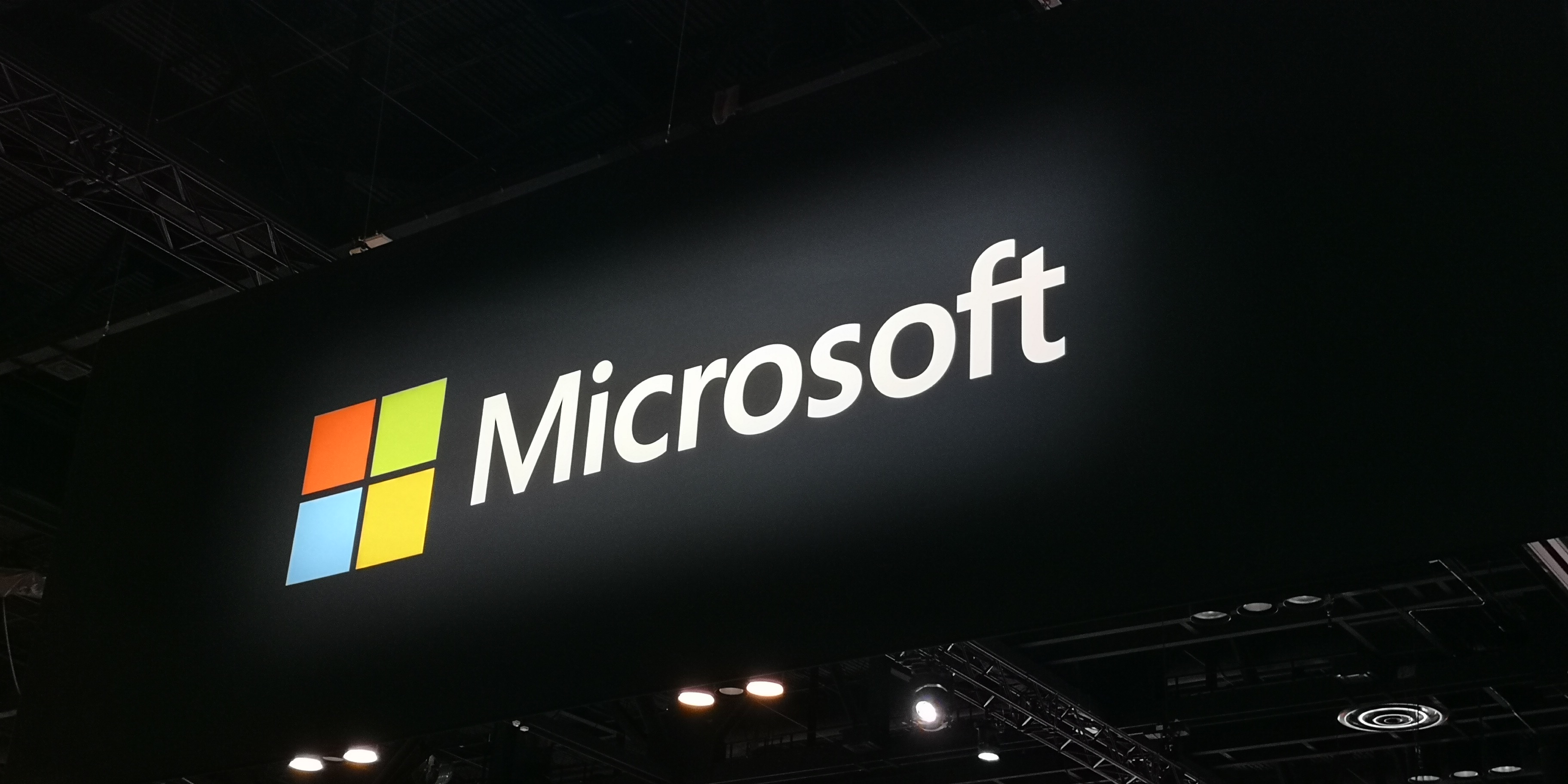Microsoft’s Copilot keyboard button might be the best way to drive widespread adoption of its beloved AI features
Microsoft is pushing its Copilot AI companion with a dedicated keyboard button that it hopes will improve user convenience in the era of the AI PC

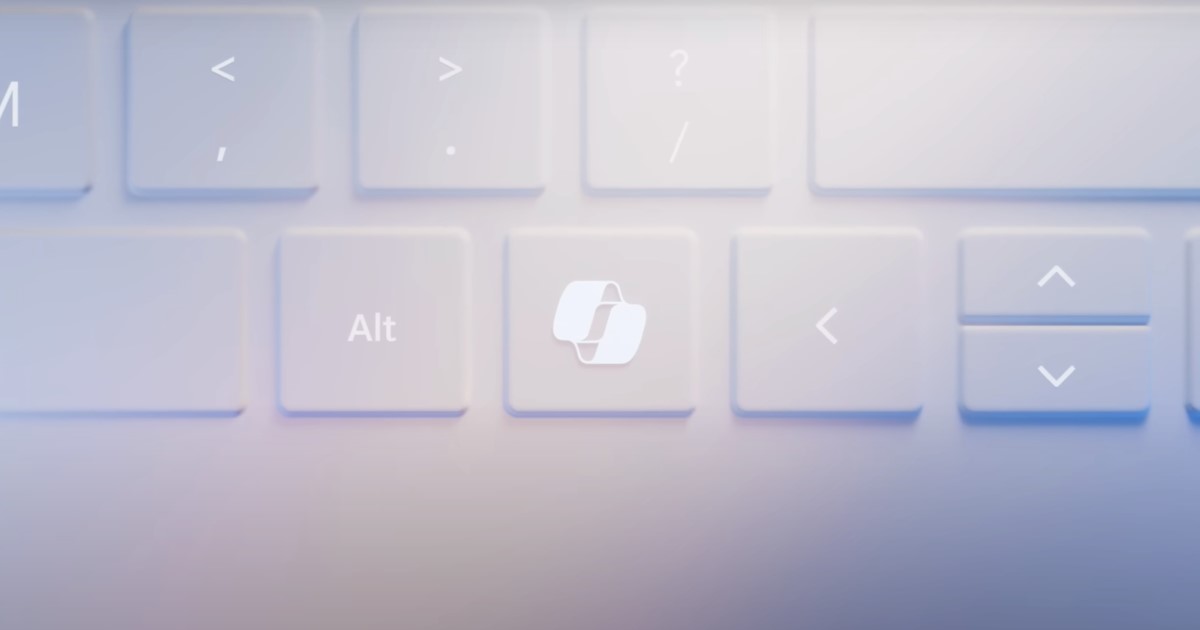
A new dedicated Microsoft Copilot keyboard button will be added to a raft of PCs and laptops from Microsoft partners in the company’s latest push to drive adoption of its generative AI assistant.
Microsoft announced it will introduce the Copilot key to kick off 2024 as “the year of AI-powered Windows PCs”. Bringing these changes to the hardware side of the Windows experience signals the company’s long term vision for its devices to be used in conjunction with AI tools.
The new Microsoft Copilot key also marks the first major change to Windows keyboards in almost 30 years. The Copilot button will replace the menu key next to the right hand side alt key on traditional Windows keyboards, and will provide users with instant access to Microsoft’s AI chatbot wherever they are in the operating system.
Microsoft hopes the inclusion of a dedicated hardware button for its flagship AI assistant will increase user adoption, allowing Copilot to be called up by users with a single key press and without having to switch out of their current task.
The keyboard alteration has received criticism from some non-English Windows users, for whom the alt gr key enabled them to use specific characters they needed for their native language.
As of the time of writing, Microsoft has not specified which manufacturers will be bringing the Copilot key to their keyboards. However, Yusuf Medhi, executive vice president and consumer chief marketing officer at the tech giant hinted that users can expect to see the Copilot key at CES.
“Over the coming days leading up to and at CES, you will start to see the Copilot key on many of the new Windows 11 PCs from our ecosystem partners, with availability beginning later this month through Spring, including on upcoming Surface devices,” the firm said in a statement last week.
Sign up today and you will receive a free copy of our Future Focus 2025 report - the leading guidance on AI, cybersecurity and other IT challenges as per 700+ senior executives
The new Copilot key is not the first hardware change from Microsoft that embraces the upcoming era of AI computing, with the latest devices in its Surface lineup featuring dedicated Intel's Gen 3 Movidius 3700VC VPU AI Accelerator, such as its Surface Laptop Studio 2.
Microsoft Copilot is everywhere, and now it’s on your keyboard
Microsoft has accelerated efforts to integrate AI capabilities within its core products over the last year, on both the hardware and software side. The tech giant struck an early lead in the generative AI race in late 2022, and has continued to capitalize on the transformative potential of the technology.
The firm’s Copilot tool is now available for users of Windows 11, Bing, and Microsoft 365, ensuring whatever users are doing with their Windows PC the Copilot icon will be somewhere within sight.
RELATED RESOURCE

Discover how AI can increase your security team's productivity
With a Copilot key set to feature on keyboards, it will be hard to avoid the AI assistant.
In November 2023, Microsoft also announced plans to integrate the chatbot in Windows 10 in a bid to capitalize on the OS’ considerable market share among enterprise customers.
Despite efforts to push customers to Windows 11 since its launch, Windows 10 has proved highly popular and continues to boast a larger market share than its newer counterpart.

Solomon Klappholz is a former staff writer for ITPro and ChannelPro. He has experience writing about the technologies that facilitate industrial manufacturing, which led to him developing a particular interest in cybersecurity, IT regulation, industrial infrastructure applications, and machine learning.
-
 Hackers are using LLMs to generate malicious JavaScript in real time
Hackers are using LLMs to generate malicious JavaScript in real timeNews Defenders advised to use runtime behavioral analysis to detect and block malicious activity at the point of execution, directly within the browser
-
 Developers in India are "catching up fast" on AI-generated coding
Developers in India are "catching up fast" on AI-generated codingNews Developers in the United States are leading the world in AI coding practices, at least for now
-
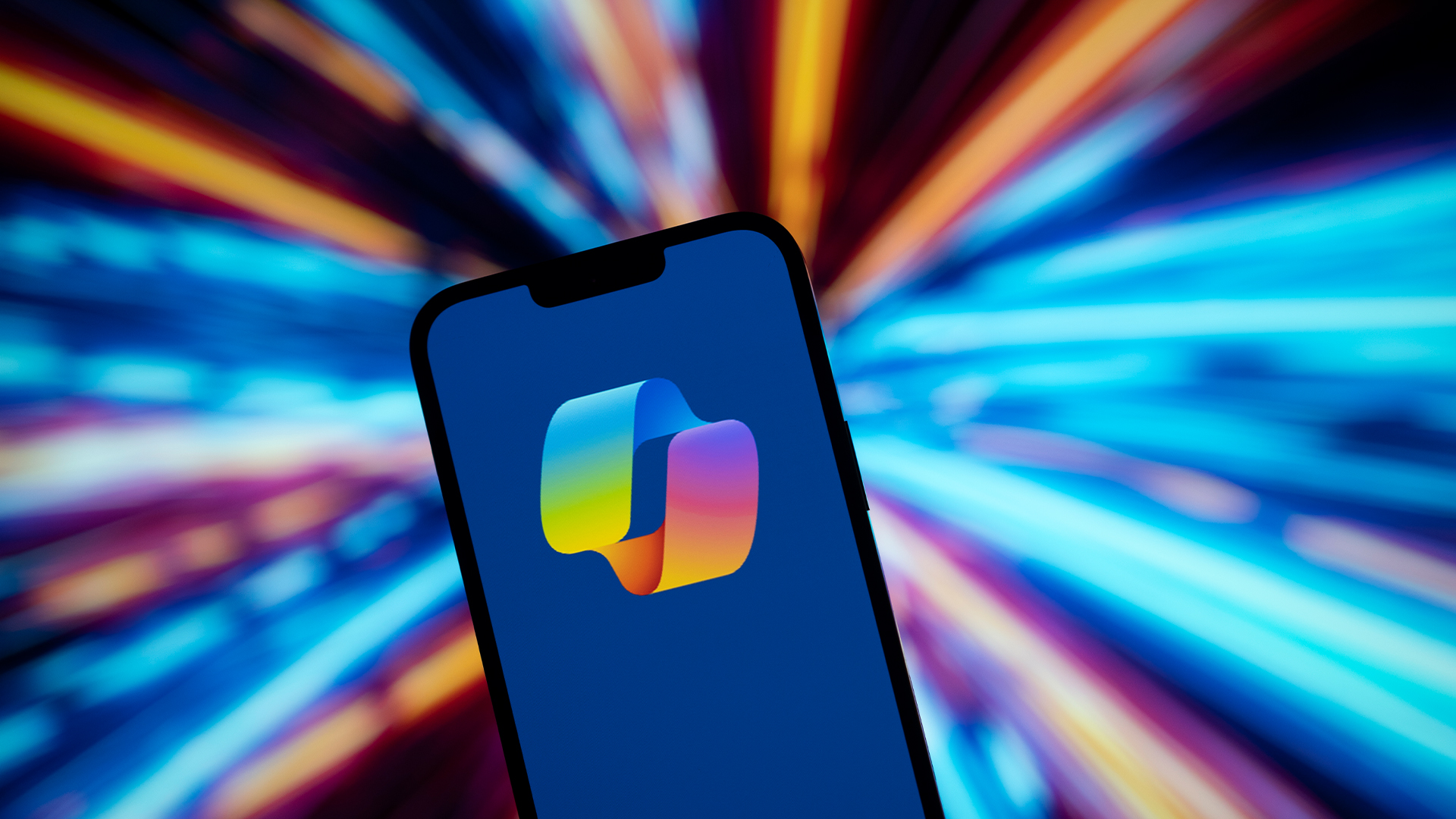 Not keen on Microsoft Copilot? Don’t worry, your admins can now uninstall it – but only if you've not used it within 28 days
Not keen on Microsoft Copilot? Don’t worry, your admins can now uninstall it – but only if you've not used it within 28 daysNews The latest Windows 11 Insider Preview will include a policy for removing the app entirely — but only in certain conditions
-
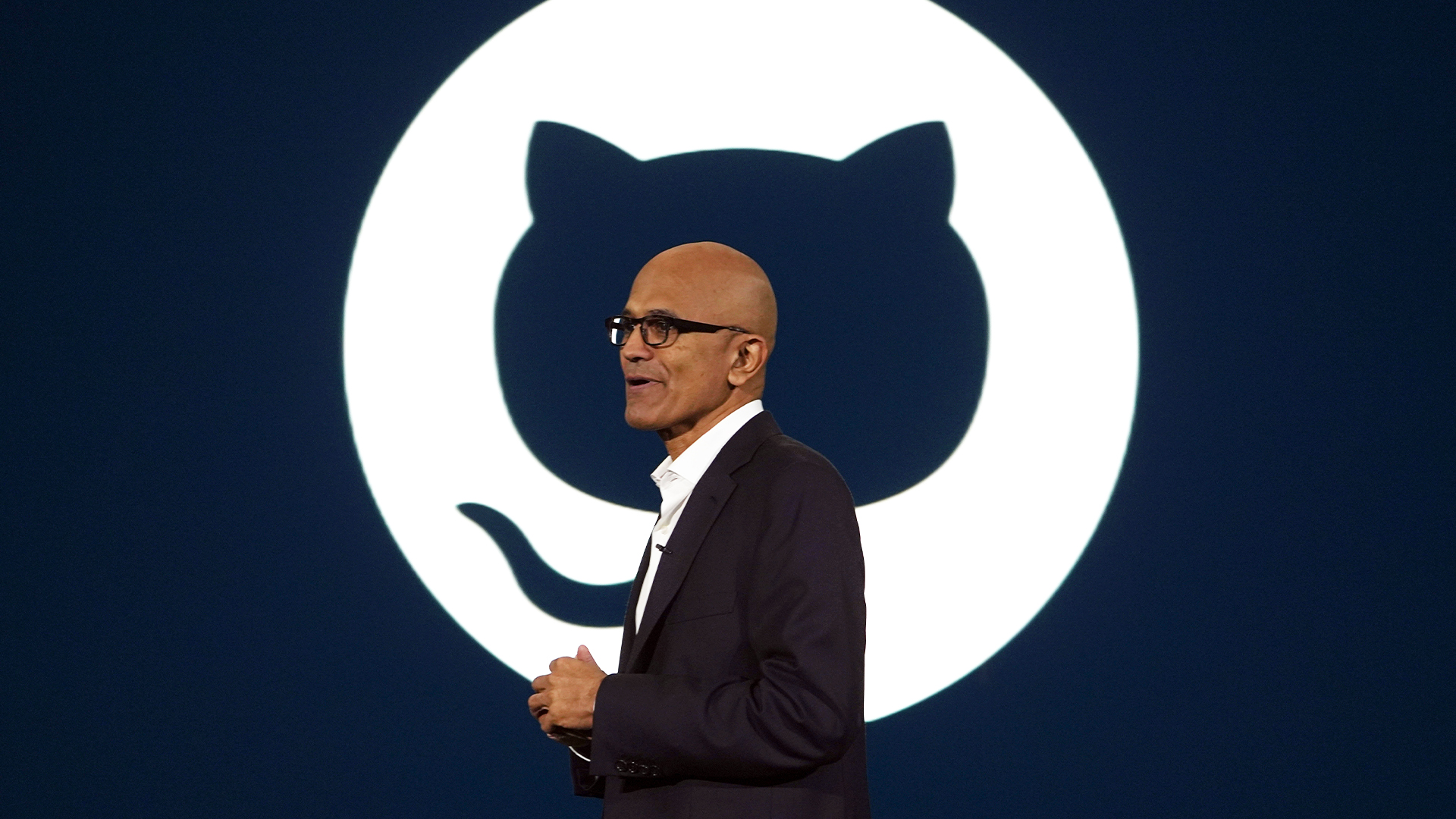 Microsoft is shaking up GitHub in preparation for a battle with AI coding rivals
Microsoft is shaking up GitHub in preparation for a battle with AI coding rivalsNews The tech giant is bracing itself for a looming battle in the AI coding space
-
 ‘1 engineer, 1 month, 1 million lines of code’: Microsoft wants to replace C and C++ code with Rust by 2030 – but a senior engineer insists the company has no plans on using AI to rewrite Windows source code
‘1 engineer, 1 month, 1 million lines of code’: Microsoft wants to replace C and C++ code with Rust by 2030 – but a senior engineer insists the company has no plans on using AI to rewrite Windows source codeNews Windows won’t be rewritten in Rust using AI, according to a senior Microsoft engineer, but the company still has bold plans for embracing the popular programming language
-
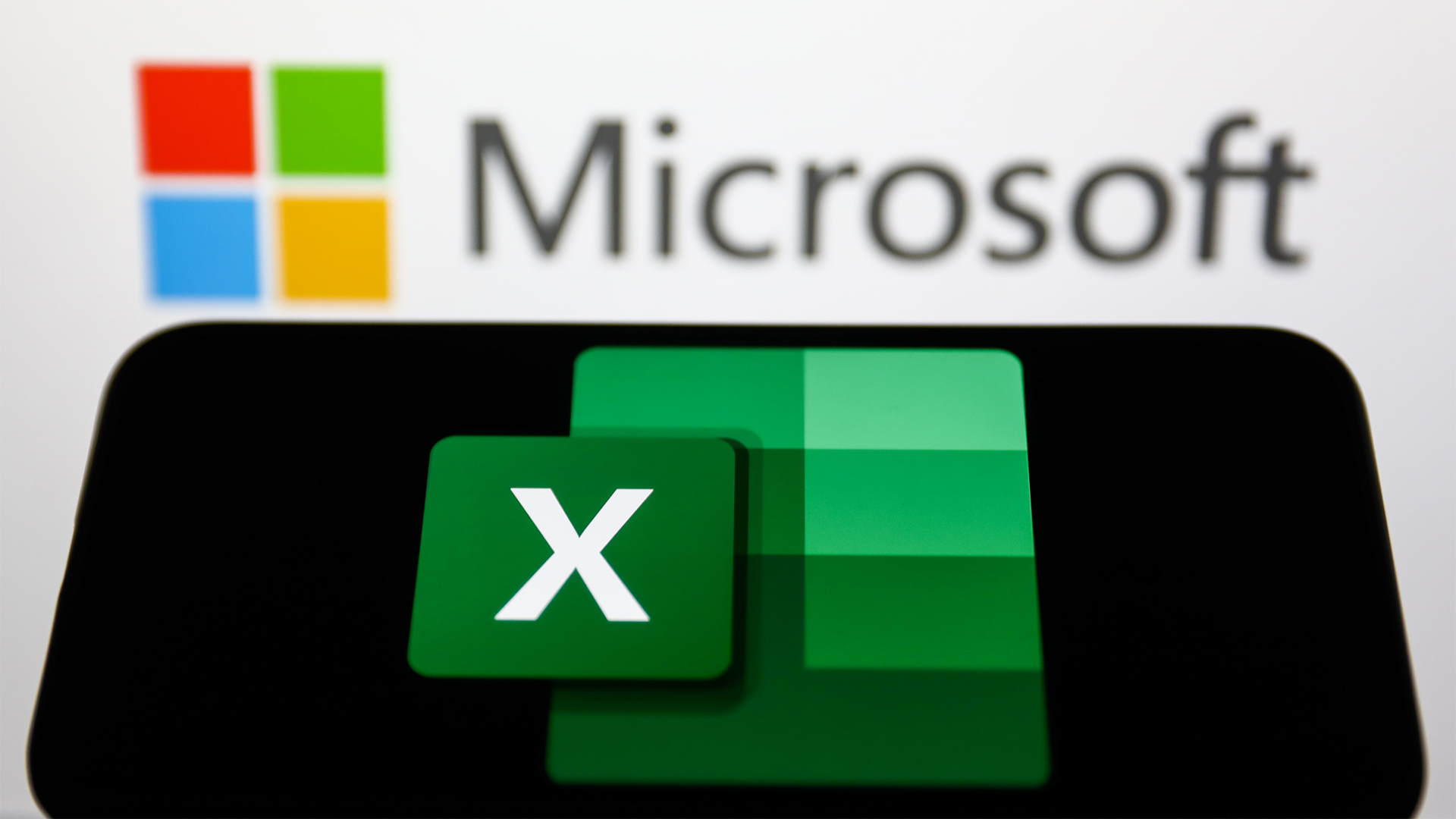 Microsoft Excel is still alive and kicking at 40 – and it's surging in popularity as 82% of finance professionals report ‘emotional attachment’ to the spreadsheet software
Microsoft Excel is still alive and kicking at 40 – and it's surging in popularity as 82% of finance professionals report ‘emotional attachment’ to the spreadsheet softwareNews A recent survey found Gen Z and Millennial finance professionals have a strong “emotional attachment” to Microsoft Excel
-
 Microsoft’s Windows chief wants to turn the operating system into an ‘agentic OS' – users just want reliability and better performance
Microsoft’s Windows chief wants to turn the operating system into an ‘agentic OS' – users just want reliability and better performanceNews While Microsoft touts an AI-powered future for Windows, users want the tech giant to get back to basics
-
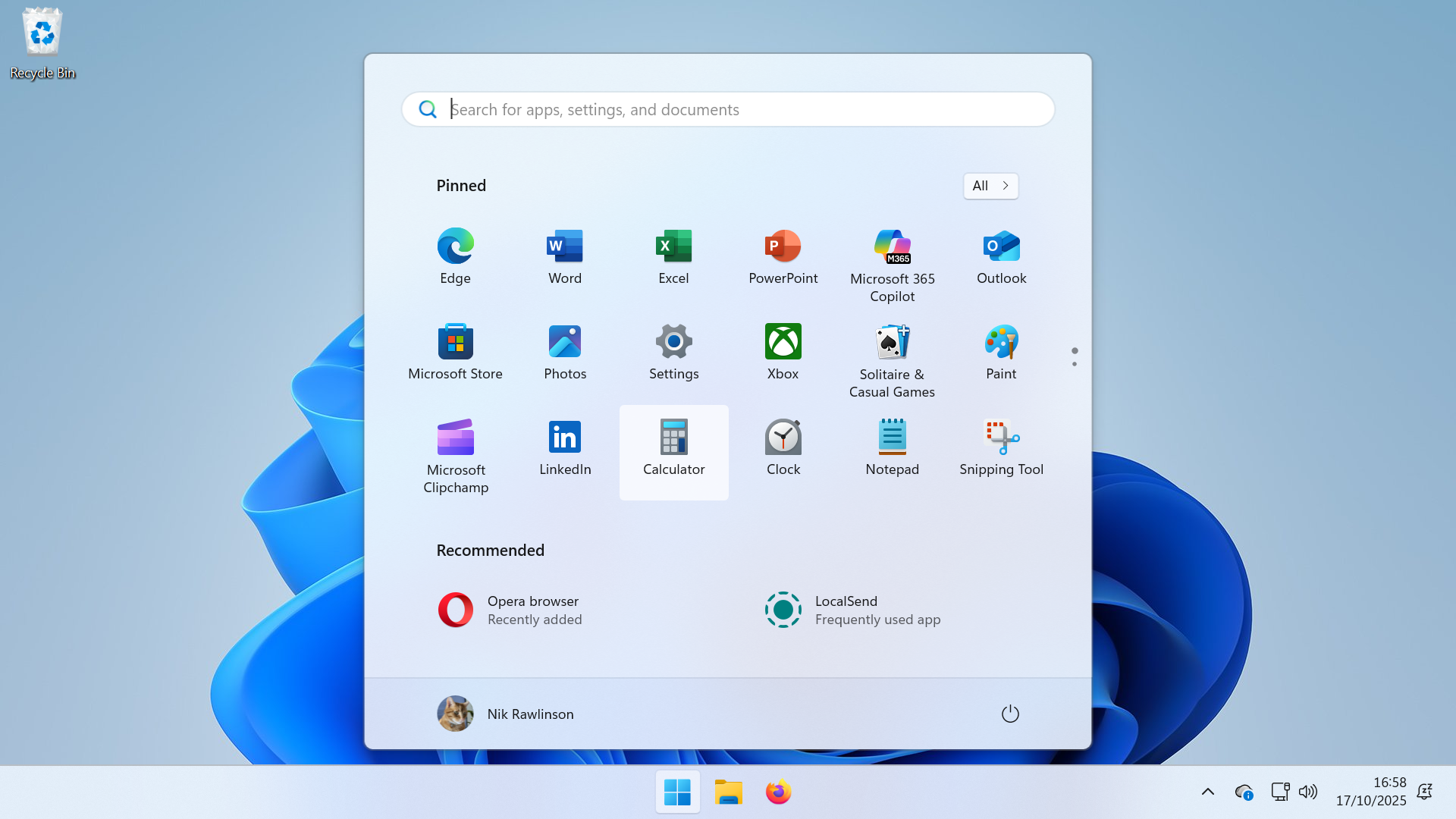 Windows 10 end of life has passed – here's your business guide to Windows 11
Windows 10 end of life has passed – here's your business guide to Windows 11In-depth As Windows 10's mainstream support ends, it's time for businesses who have yet to upgrade to take a second look at Windows 11
-
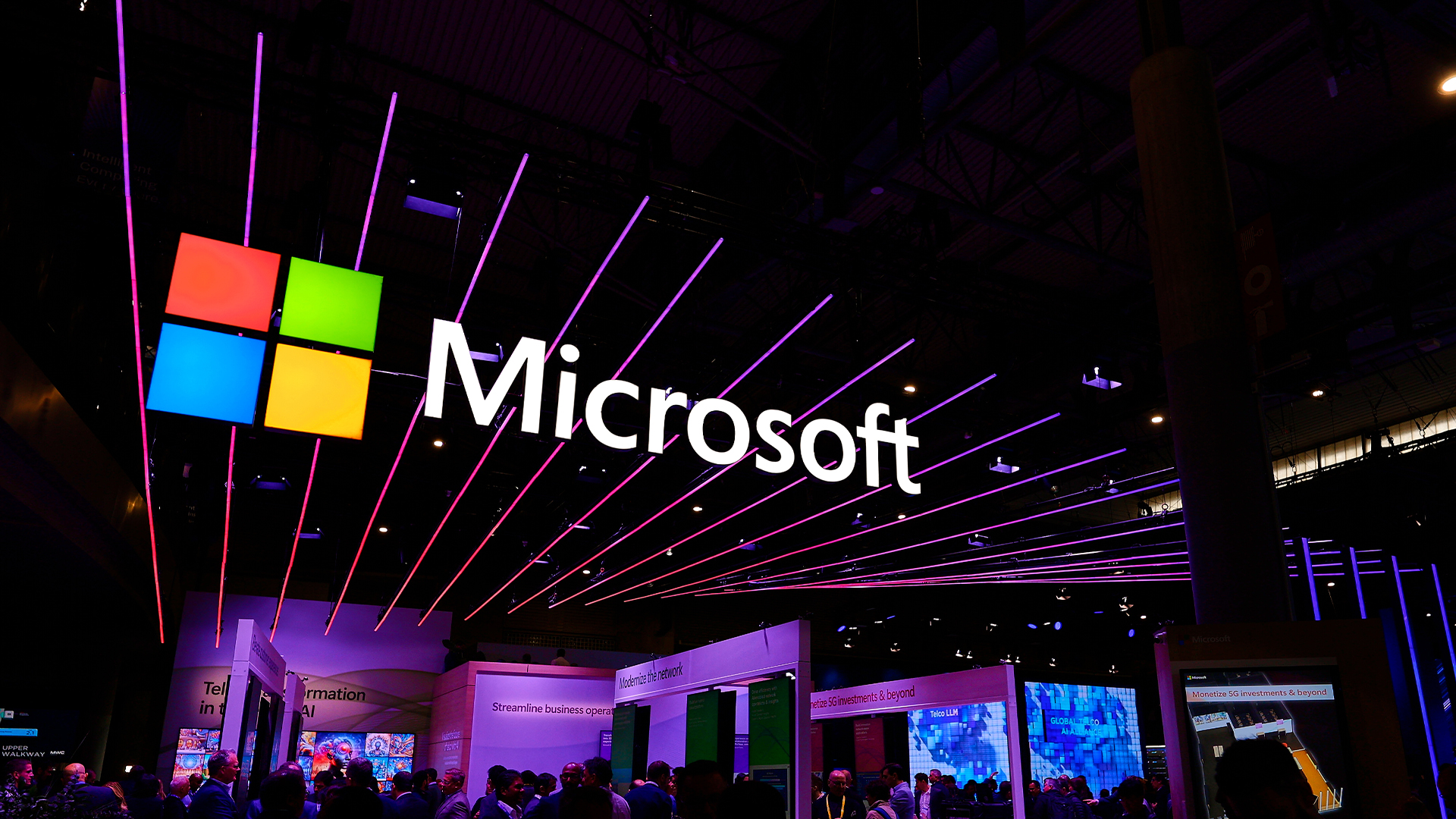 Microsoft 365 price hikes have landed the tech giant in hot water
Microsoft 365 price hikes have landed the tech giant in hot waterNews Australian regulators have filed a lawsuit against Microsoft for allegedly misleading users over Microsoft 365 pricing changes.
-
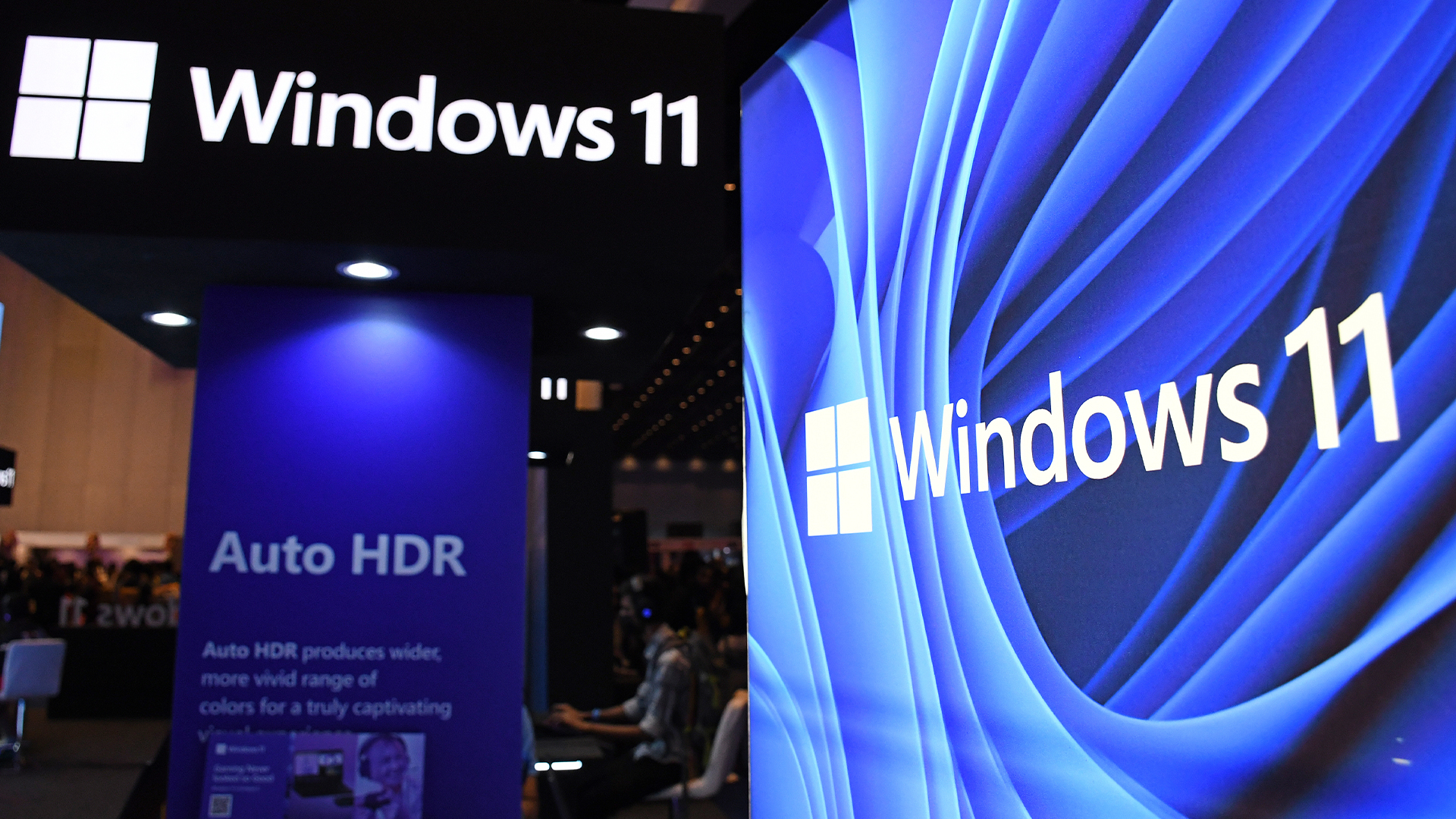 Microsoft issues fix for Windows 11 update that bricked mouse and keyboard controls in recovery environment – here's what you need to know
Microsoft issues fix for Windows 11 update that bricked mouse and keyboard controls in recovery environment – here's what you need to knowNews Yet another Windows 11 update has caused chaos for users
